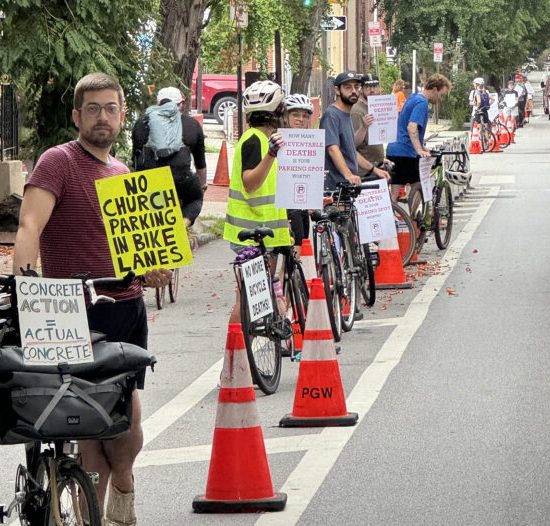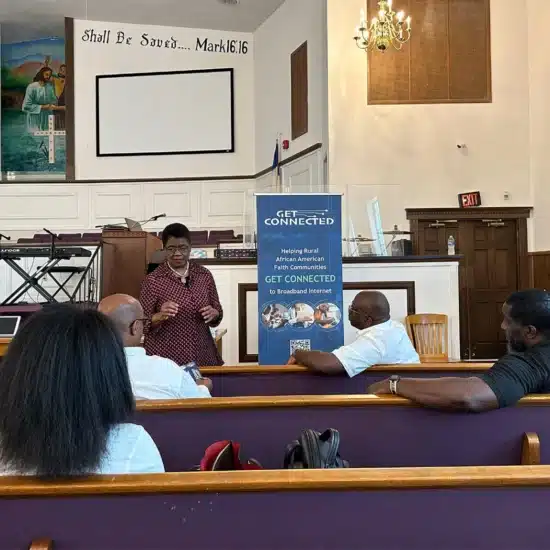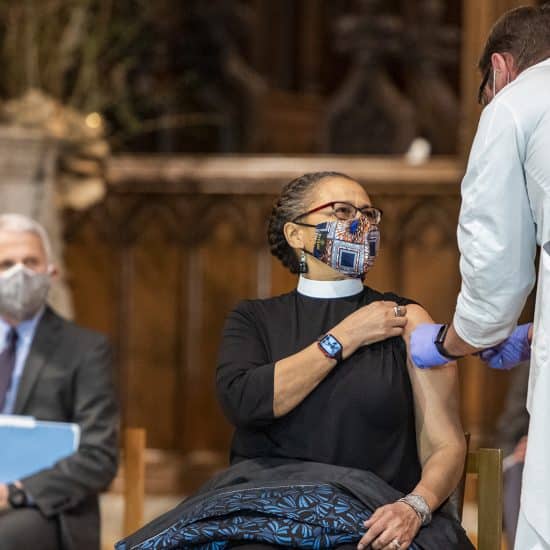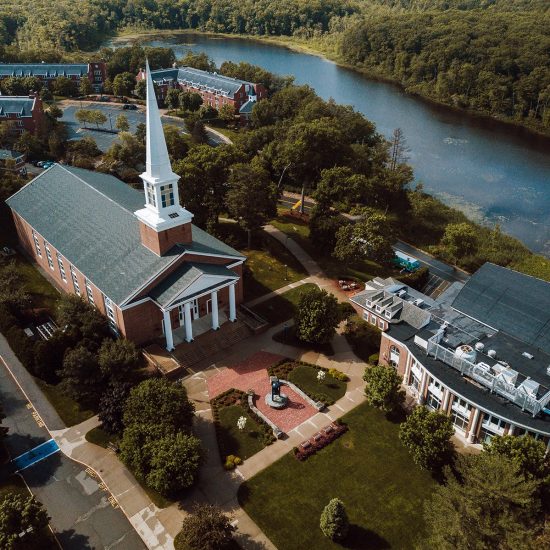WASHINGTON (ABP) — A landmark U.S. Supreme Court ruling June 28 that possessing a handgun is a constitutional right is expected to unleash a wave of new lawsuits, including challenges to state laws that forbid carrying of concealed weapons in church.
Two years after ruling the Second Amendment protects the rights of individuals to own guns for protection while striking down a handgun ban in Washington, D.C., the high court voted 5-4 to overturn lower-court rulings that had upheld similar prohibitions on gun ownership in Chicago and Oak Park, Ill, as constitutional.
The court rejected arguments by the cities that the Second Amendment applies only to the federal government, holding the constitutional right to bear and keep arms "fully applicable to the states."
Writing for the majority, Associate Justice Samuel Alito said the ruling striking down laws enacted to protect residents from "the loss of property and injury or death from firearms" does not mean that state and local governments cannot regulate firearms in ways like prohibiting gun ownership by felons and the mentally ill.
Alito did, however, recognize gun ownership as a fundamental right, rejecting arguments by gun-control supporters that the Second Amendment's primary intent was to prevent the national government from disarming a citizens' militia.
"This decision makes absolutely clear that the Second Amendment protects the God-given right of self-defense for all law-abiding Americans, period," said Chris Cox, chief lobbying for the National Rifle Association.
NRA Executive Vice President Wayne LaPierre called it "a landmark decision" and pledged to "work to ensure this constitutional victory is not transformed into a practical defeat by activist judges, defiant city councils or cynical politicians who seek to pervert, reverse or nullify the Supreme Court's McDonald decision through Byzantine labyrinths of restrictions and regulations that render the Second Amendment inaccessible, unaffordable or otherwise impossible to experience in a practical, reasonable way."
John Monroe, attorney for the gun-rights group GeorgiaCarry.org, told the Atlanta Journal-Constitution his group would look for "the lowest-hanging fruit" — provisions most vulnerable to attack — in a gun bill signed into law June 8 by Gov. Sonny Perdue. The new Georgia law lists specific places where guns are prohibited. They include churches, temples and mosques.
Currently 48 states allow citizens to carry concealed weapons either with or without a permit, but most don't allow guns in places where large crowds or children are gathered or in "sensitive" locations like bars, government buildings and sporting events.
Ten states — Arkansas, Georgia, Kansas, Louisiana, Michigan, Missouri, Nebraska, North Dakota, Texas and Wyoming — specifically bar concealed-weapon permit owners from carrying their weapons into a church or other house of worship.
South Carolina prohibits guns in a "church or other established religious sanctuary" unless permission is obtained from the appropriate church official or governing body.
In Utah, people who get licenses to carry concealed weapons can carry them in a church unless a "No Guns" notice is posted at the door or the church registers with the state as a no-guns site.
Virginia prohibits taking a firearm to a place of worship "without good and sufficient reason."
While controversial, rare but high-profile incidents– like a 2007 church shooting that killed two and injured three at New Life Church in Colorado Springs; a July 2008 attack by a gunman to killed two and wounded six at a Unitarian Universalist Church in Knoxville, Tenn., and the murder of a Southern Baptist preacher shot down in his pulpit in Maryville, Ill., during a worship service in 2009 — have prompted some state lawmakers to view guns in church as a necessary evil.
On June 15 the Louisiana Senate resurrected a bill killed a week earlier in a committee that would allow congregants to carry weapons on church property as part of a security force.
Lawmakers in Kansas are trying to remove restrictions in a concealed weapons law adopted in 2006. Kansas voters will decide this fall whether to amend the state Constitution to include a right to bear arms.
Ohioans for Concealed Carry have petitioned lawmakers in their state to eliminate restrictions on carrying concealed weapons in church.
Chicago Mayor Richard Daley moved quickly after the Supreme Court decision, calling the city council to meet in special session July 2 to get a new gun ordinance on the books in anticipation that the city's 28-year-old handgun ban will be struck down by an appellate court. Observers expect the new ordinance to limit each resident to one handgun and prohibit gun stores from operating in Chicago.
"We can expect two things as a result of today's decision by the U.S. Supreme Court in McDonald v. Chicago," Paul Helmke, president of the Brady Center and Brady Campaign to Prevent Gun Violence, said June 28. "The gun lobby and gun criminals will use it to try to strike down gun laws, and those legal challenges will continue to fail."
-30-
Bob Allen is senior writer for Associated Baptist Press.






